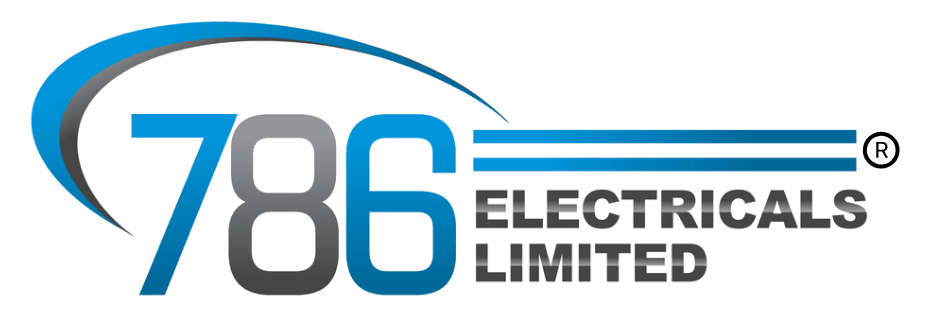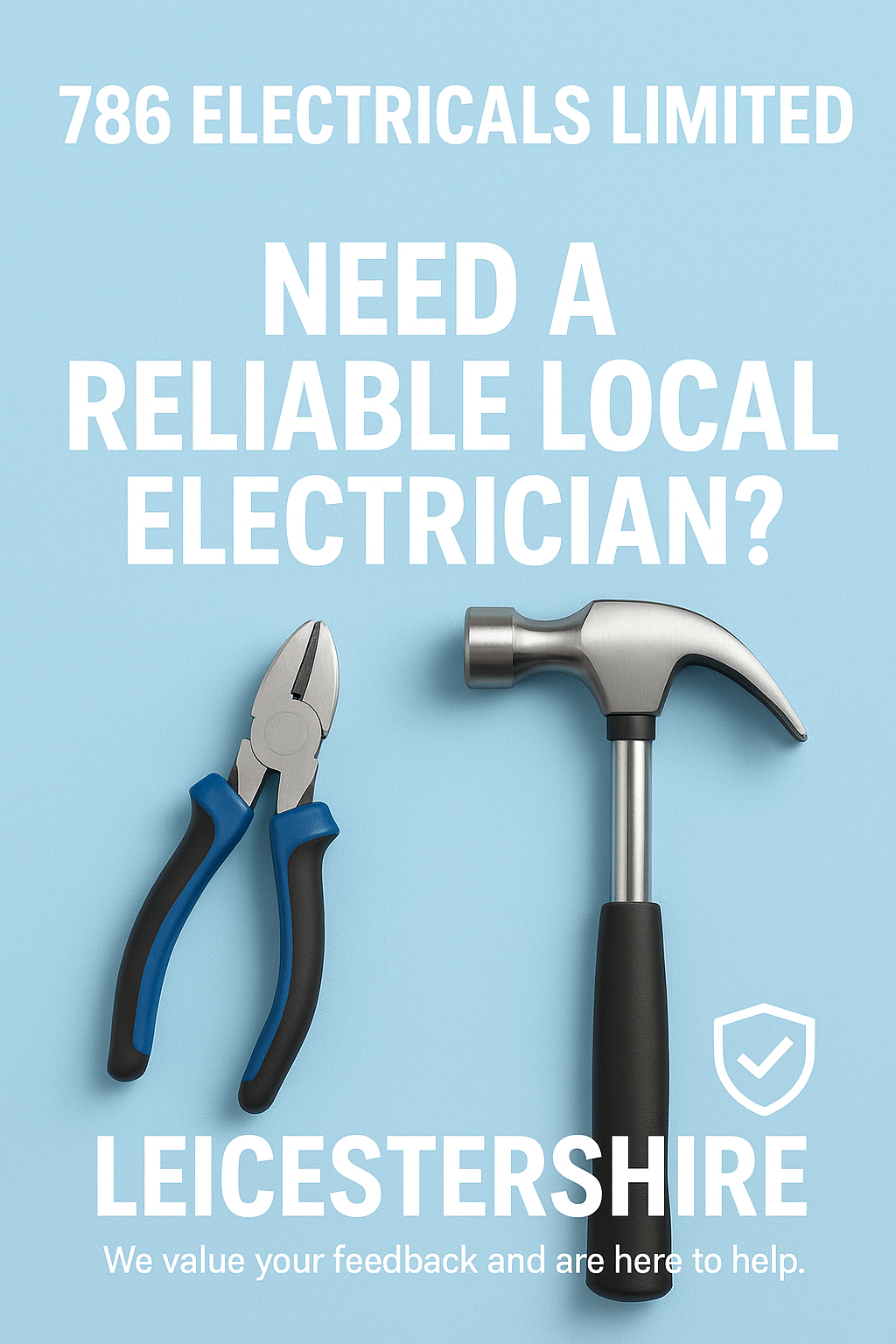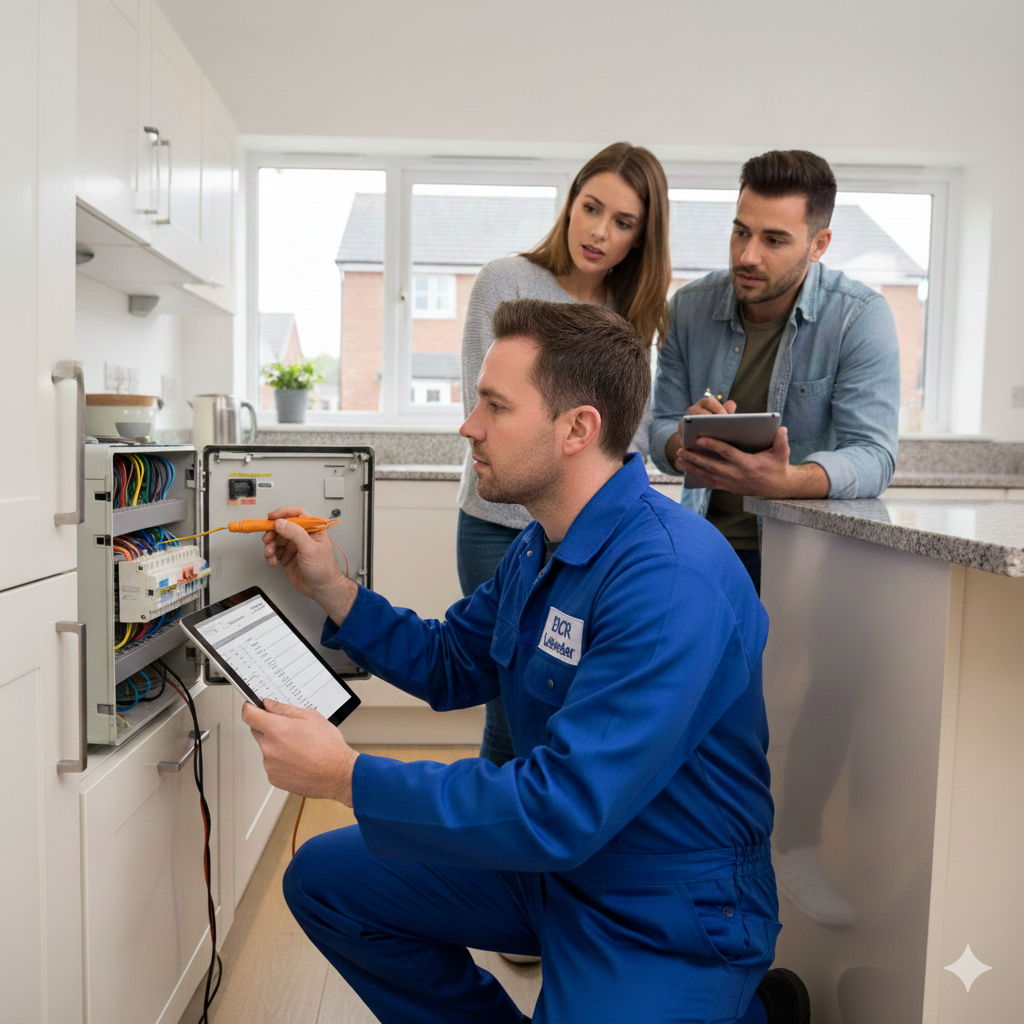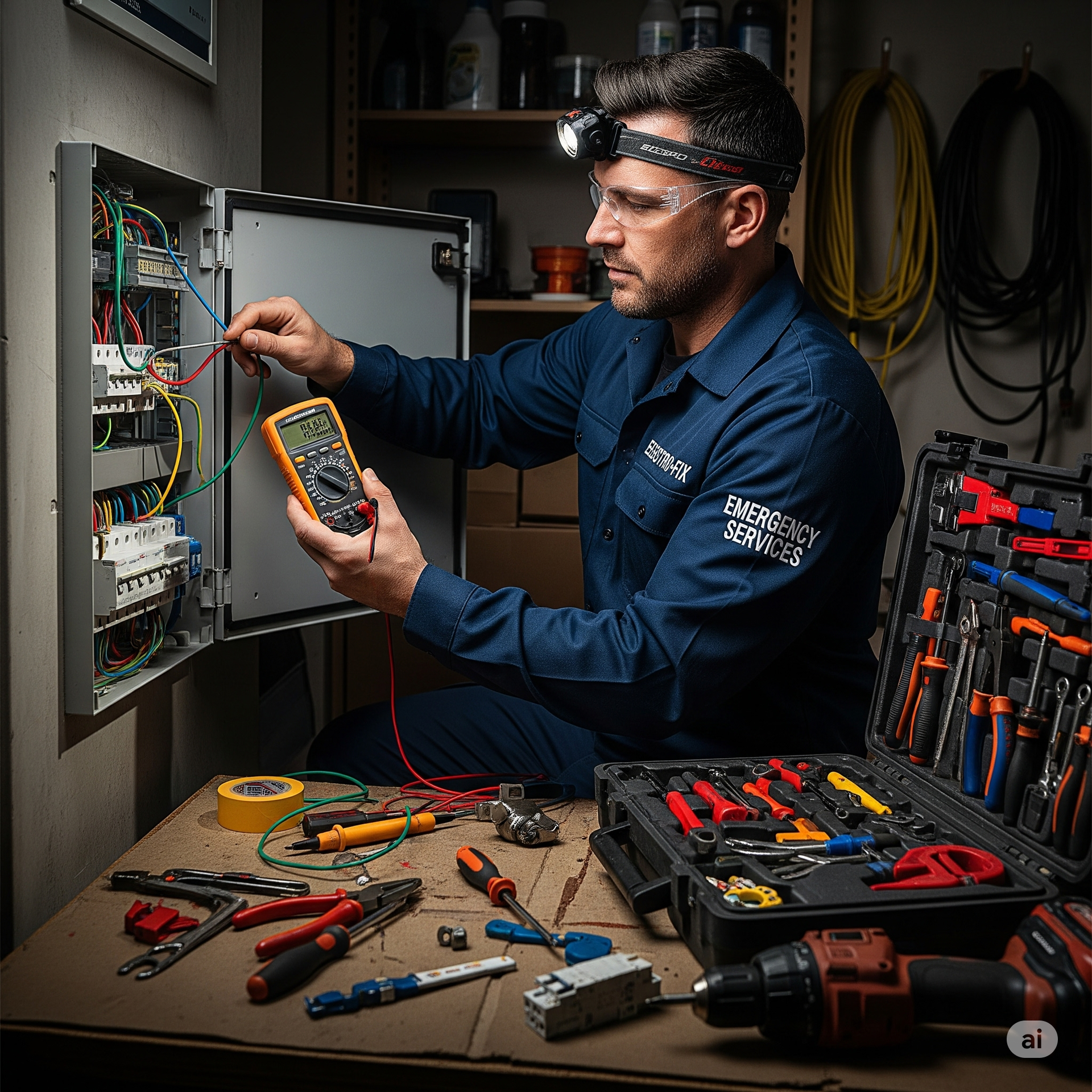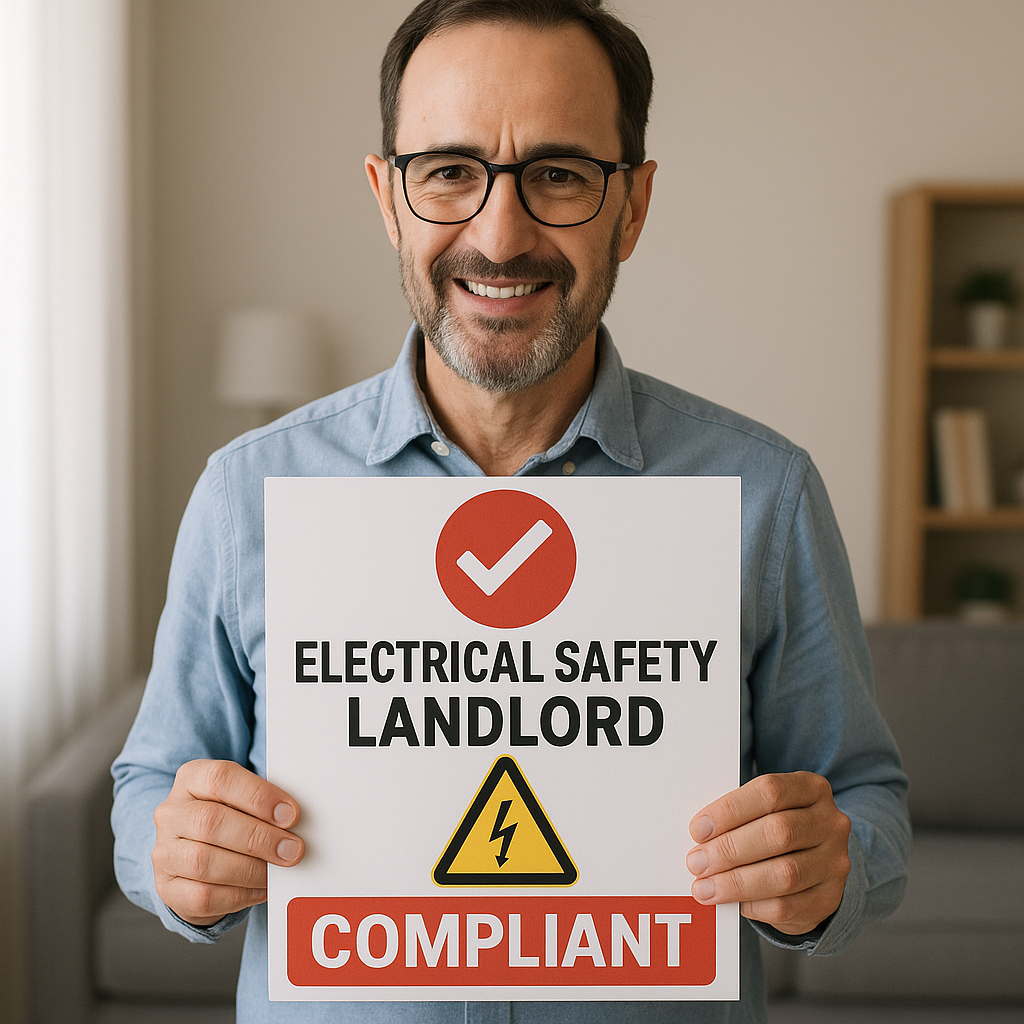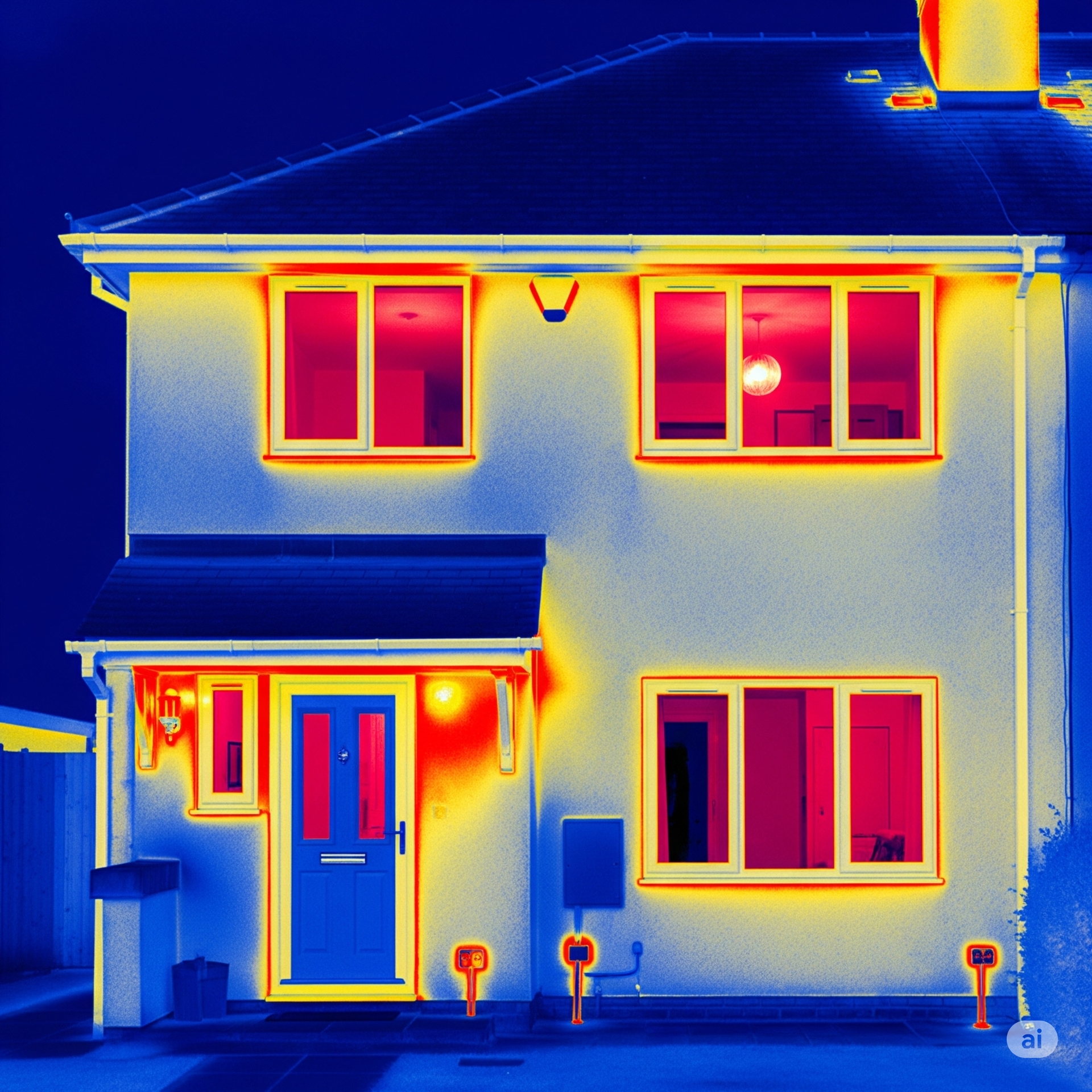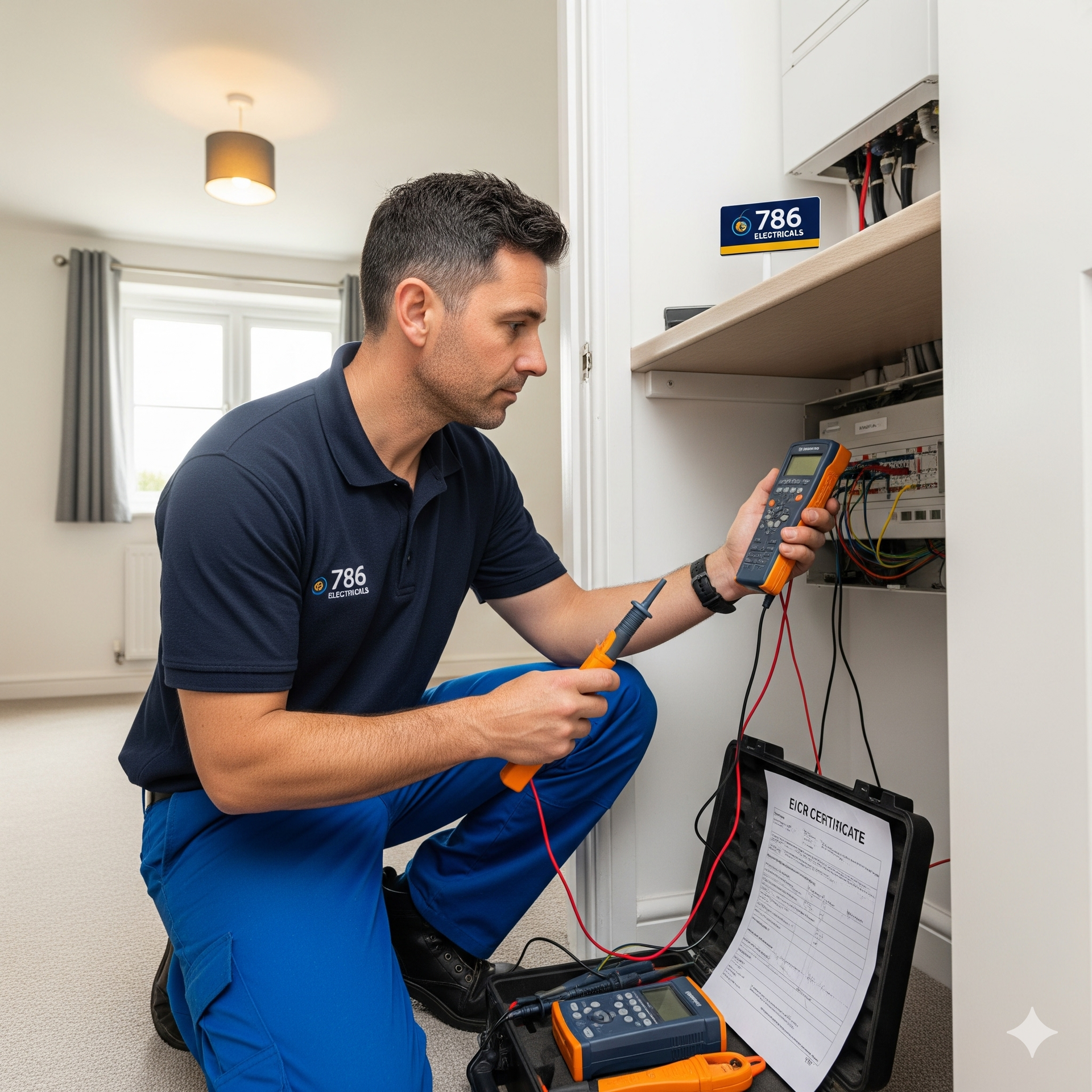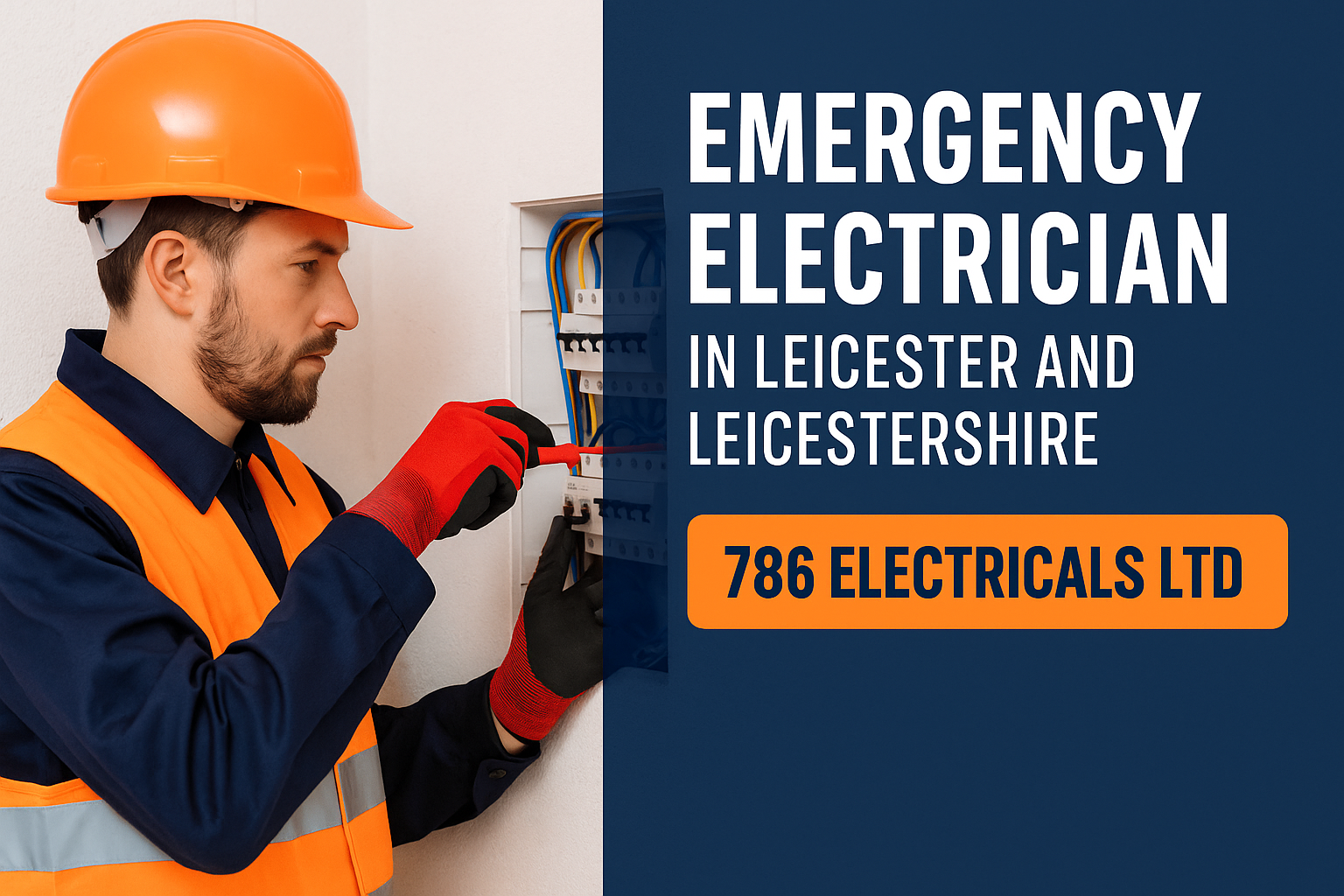Main Protective Bonding and BS 7671: Your Guide to Electrical Safety in Leicester
Gas & Water Earth Bond
As a NAPIT-approved electrician with 786 Electricals Ltd, we are on a mission to provide the highest standard of electrical safety throughout Leicester and Leicestershire. Our work isn't just about fixing faults; it's about adhering to the latest British Standard for Electrical Installations, BS 7671. A crucial part of this is main protective bonding for your water and gas supplies.
What is Main Protective Bonding and BS 7671?
Under BS 7671, the UK's core wiring regulations, main protective bonding is a mandatory safety measure. It's the technical term for what many people simply call a "water bond" or "gas bond." This involves connecting a thick green and yellow cable from your incoming metallic water and gas pipes to the main earthing terminal (MET) of your consumer unit.
The purpose of this is to create an equipotential zone. This means that all the metal services in your Leicester home—from your taps to your radiators—are at the same electrical potential as the earth. In the event of a dangerous electrical fault, such as a live wire touching a pipe, this bonding system ensures there is no voltage difference between these parts.
By doing this, we achieve a crucial safety function known as Automatic Disconnection of Supply (ADS). This system safely and quickly diverts any fault current to the earth, which then trips the circuit breaker or blows the fuse. Without proper bonding, a fault could make your pipes live, creating a serious risk of electric shock for you or your family in your Leicester property.
Why We Check This During an Electrical Inspection (EICR)
When we come out to your home or business in Leicester for an Electrical Installation Condition Report (EICR), we are carrying out a full safety assessment. We are not just "poking around." We are systematically checking that your installation meets the high standards of BS 7671.
If we find that the protective bonding is missing or non-compliant, it is a significant safety issue. This would be classified as a C2 (Potentially Dangerous) on your report. It's a key reason why you need a professional, qualified electrician to perform these checks. Our thorough approach at 786 Electricals ensures your safety is paramount.
We understand that you're inviting us into your home, and we take that trust seriously. Whether you're a homeowner in Oadby, a business in the city centre, or a landlord in Loughborough, our commitment is to provide transparent, honest, and high-quality electrical services that keep you safe.
Why We Check Your Water and Gas Bonds When Providing a Quote
When we visit your home to provide a quote or estimate, our first priority is to assess the overall safety of your electrical system. This isn't just about the work you've requested; it's about ensuring that any new installation or upgrade we perform will be safe and compliant with the latest UK wiring regulations, BS 7671.
Checking your water and gas bonds is one of the most basic, yet most important, safety checks we perform. We're looking to see if the fundamental safety features are in place.
- It's a Legal and Safety Requirement: Under BS 7671, every electrical installation must have proper main protective bonding. Any new electrical work, no matter how small, is dependent on the existing earthing and bonding being up to standard. If it isn't, the entire system is at risk.
- The Safety of the New Work Depends on It: We cannot certify that a new light fitting or socket is safe if the entire property's safety infrastructure is compromised. The bonding system is the "safety net" that protects against electric shock. If it's missing, we are legally and morally obligated to inform you and include the necessary work in our quote.
- We're Looking for Hidden Dangers: Your gas and water pipes are metal conductors that enter the property from the ground. If they are not bonded, they can introduce a dangerous electrical potential into your home in the event of a fault. A quick check allows us to identify this critical hazard right away.
In short, we check the bonds not because we're just "poking around," but because we are professionally responsible for your safety. It allows us to provide an accurate, compliant, and honest estimate that ensures your home is fully protected. Our reputation as a trusted electrician in Leicester, Leicestershire, is built on this commitment to safety.
Homeowner's Guide: Checking Your Water & Gas Bonds
This guide is for a quick visual check. It is not a substitute for a professional inspection or an EICR.
Do not touch, open, or move any cables or parts of your consumer unit.
What You're Looking For 🧐
You are looking for a thick green and yellow striped cable securely attached to your main gas and water pipes. This cable is a crucial part of your home's earthing system and is designed to protect you from electric shock.
The clamp used to secure the cable is known as a BS951 earth bonding clamp. It is a specific type of metal clamp designed to create a solid connection.
Step-by-Step Visual Check
- Find Your Water Stopcock: This is typically where the main water pipe enters your home, often under the kitchen sink or near the water meter. Look for a green and yellow cable clamped to the metallic pipe. The clamp should be on the house side of the stopcock, not the street side.
- Find Your Gas Meter: Your gas meter is usually located outside in a box, or just inside your property. Look for a green and yellow cable clamped to the metallic gas pipe, again on the house side of the meter.
- Trace the Cable: Visually follow the green and yellow cables from the pipes. They should run uninterrupted towards your main consumer unit (fuse board).
